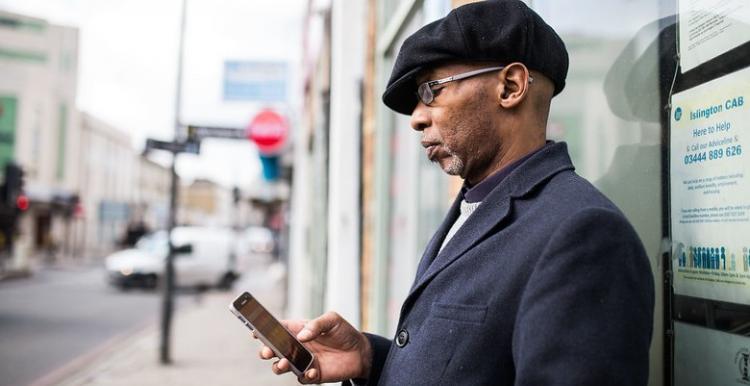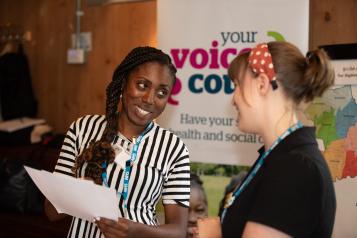New government guidance for the public on the mental health and wellbeing aspects of Coronavirus

It may be difficult, but by following guidance on social distancing, or staying at home, you are helping to protect yourself, your family, the NHS and your community.
During this time, you may be bored, frustrated or lonely. You may also feel low, worried, anxious, or be concerned about your health or that of those close to you. Everyone reacts differently to events and changes in the way that we think, feel and behave vary between different people and over time. It’s important that you take care of your mind as well as your body and to get further support if you need it.
The new government guidance on mental health and wellbeing provides advice on how to look after your mental health and wellbeing during the Coronavirus outbreak. You can download the guidance from the GOV.UK website.
The guidance includes ideas of what can help your mental health and wellbeing. Ideas include:
- Consider how to connect with others
- Help and support others
- Talk about your worries
- Look after your physical wellbeing
- Look after your sleep
- Try to manage difficult feelings
- Manage your media and information intake
- Get the facts
- Think about your new daily routine
- Do things you enjoy
- Set goals
- Keep your mind active
- Take time to relax and focus on the present
- If you can, once a day get outside, or bring nature in
If you feel you are lacking the support you need, the NHS UK website has a list of NHS approved mental health helplines that you can call.
The new guidance outlines advice for staying at home and includes information on where you can get further support on a range of mental health difficulties. It includes information for those with a learning disability, those with autism, older people and those with dementia.
Read the full Government guidance for the public on the mental health and wellbeing aspects of Coronavirus.


